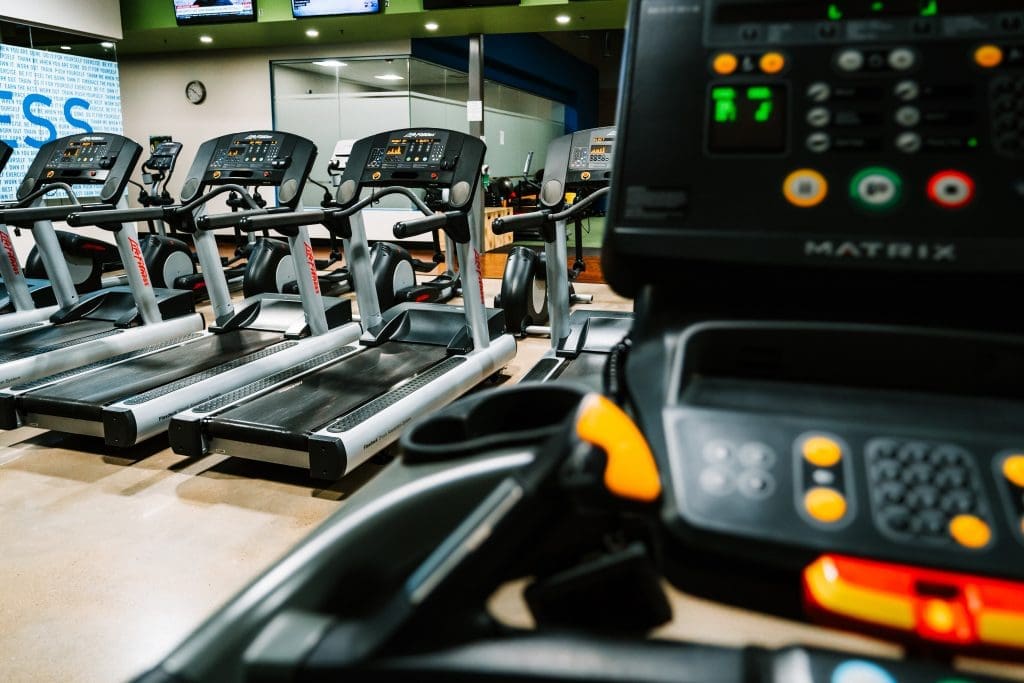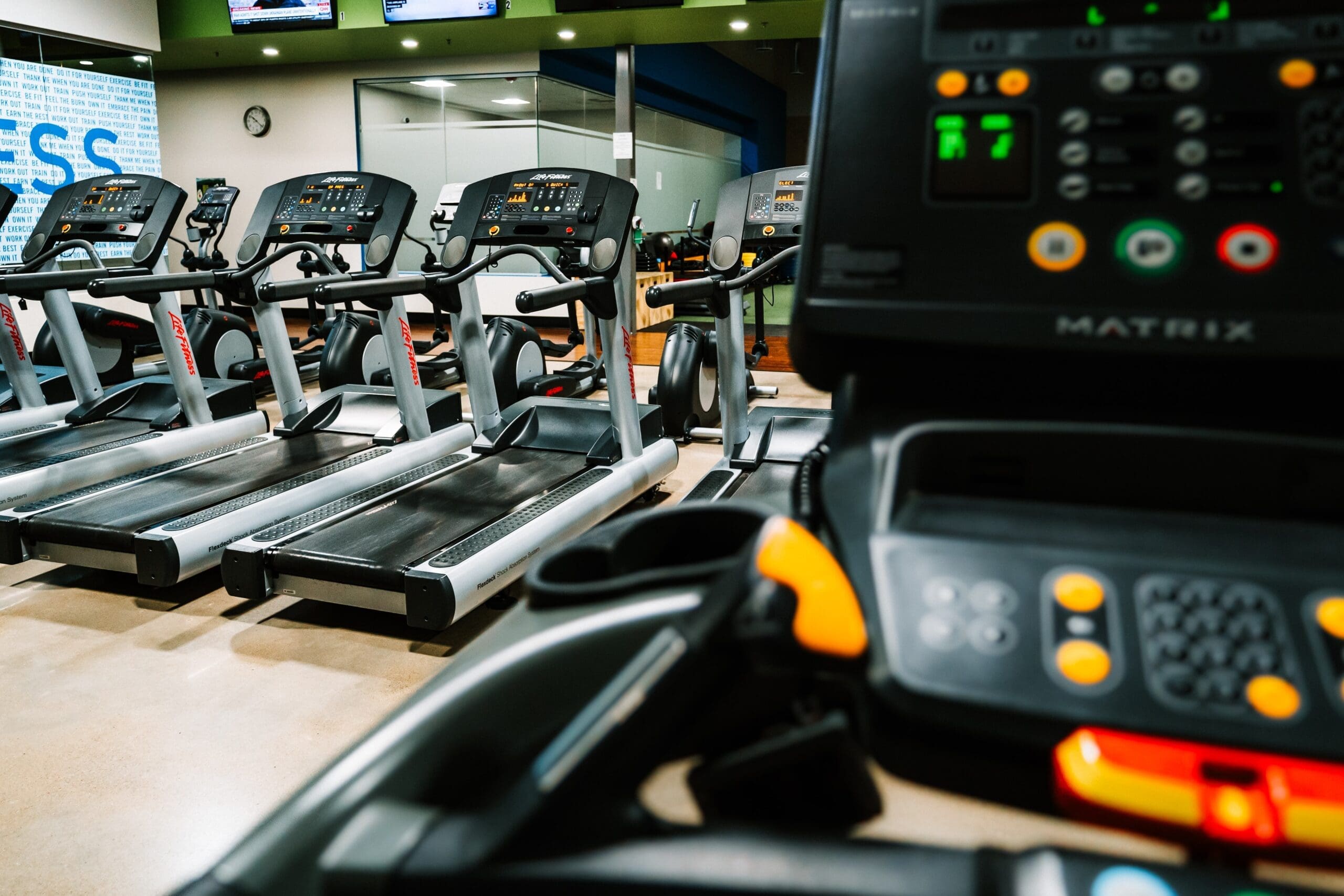What Are the Emotional Benefits of Fitness
Most people are aware of the fantastic benefits that working out can have on your body. If you go to the gym or hit the road jogging three or four times per week, you will start to see significant improvements on your waistline and muscle mass, but did you ever consider how it might impact your mental health? It is proven that we gain considerable Emotional Benefits of Fitness, read on to see how.

Countless studies show the profound effects of consistent exercise can have on our brain. Whether it’s a boost in cognitive function or reduction in serious mental health issues such as stress, anxiety, and depression, fitness and exercise routines can perform wonders for our mind. This article will look at some of the emotional perks of exercising and how reaping them is easier than you might think. Let’s get into it.
What are the emotional benefits of fitness
First, let’s take a look at the emotional benefits of exercise and how they can positively impact our lives:
Improved self-confidence
What’s more important than the way we feel about ourselves? Confidence plays a huge role in how we interact with other people and our overall mood every day. Fortunately, there is one straightforward way to give yourself a self-confident boost…exercise! Just knowing that you’re taking positive steps towards your fitness can foster a more positive self-image. Plus, there is some truth in the old saying, “look good, feel better.”
Reduction in stress and anxiety
Stress and anxiety are two extremely debilitating mental health conditions that affect a large number of the population. Working out is known to reduce the levels of cortisol in our body, and shape a stable mental health. On top of that, exercising is a fantastic way to release endorphins in the brain, which relaxes your muscles and relieves tension in the body. The same endorphins that course through the body during and post-exercise also help to alleviate anxiety.
Improved sleep
Our emotional state is mostly dependent upon the quality and amount of sleep that we get each night. Sleep deprivation wreaks havoc on almost all of our bodily functions, so we feel terrible after a poor night’s rest. After exercising, you feel much more tired and will likely find yourself going to bed earlier than usual. Once you do go to bed, you should fall into a deeper sleep than if you didn’t exercise as your body is taking the time to repair itself. This improved sleep quality has a profoundly positive impact on your mood and emotional well-being.
Improved cognitive function
The American College of Sports Medicine conducted a study showing that those who did regular exercise were able to complete tasks much more quickly, accurately, and efficiently than those who did not. They further showed that Exercise is also linked to improved memory and focus, which can prove useful in just about every aspect of our day-to-day lives.
Reaping the emotional benefits of exercise is easier than you think.


So just how hard is it to reap these emotional benefits of exercise? The good news is that you don’t need to run a marathon each day, nor do you need to be an Olympic level power-lifter. All you need is between three and five 30 minute workout sessions each week.
Researchers say that all it takes is a 30-minute treadmill session to dramatically increase the nonelectric activity in the brain, helping to improve certain cognitive functions. People who work out regularly for this length of time will see improvements in reasoning, problem-solving, and focus, helping them perform their daily tasks.
However, your 30-minute exercise doesn’t need to be on the treadmill. If you prefer to take a bike ride or even a lengthy walk, this is fine too. Whatever works best for you to get the blood pumping is good enough to start seeing some positive emotional benefits.
Overcoming emotional health obstacles to exercise
Several emotional barriers prevent us from exercising, such as:
- Physical and emotional exhaustion
- Lack of confidence
- Depression
- Anxiety (possibly about going to the gym or exercising in public)
- Financial concerns (gym memberships)
All these reasons listed above are widespread. Many people feel this way when they start exercising. It’s almost a paradoxical situation as you have no energy or confidence to get up and go exercise; however, doing just that will provide you with the confidence boost and energy that you need.
Getting started in exercising is, without a doubt, the most challenging thing to do. As they say, “the first step is always the hardest,” yet the critical thing is that you make a start in any way you can, no matter how small.
It’s important to note that money cannot be an obstacle to start your fitness journey, even if you can’t afford a gym membership. Medicaid plans sometimes allow you to pick up a good deal at some gyms; however, this varies from state to state. On top of this, many health insurance providers offer healthy living incentives, which may even land you a discount if you can prove a consistent exercise routine, this could be used to help pay for your gym membership.
Failing that, there are plenty of alternatives out there that are completely free, such as jogging, yoga, and body-weight exercises.
Exercise has a positive impact both on our body and our mind. If you’re feeling depressed, anxious, or even just low self-confidence, picking up a new fitness routine 3 to 5 times a week could help you tremendously.
All it takes is a 30-minute session to see vast improvements in your mood and cognitive function, which can help you out in your day-to-day life.
BIO: Maria is the marketing assistant at SilverSummitHealthPlan. Having several years of experience in the legal field, Maria keeps on sharing her knowledge and expertise with others through the articles.




